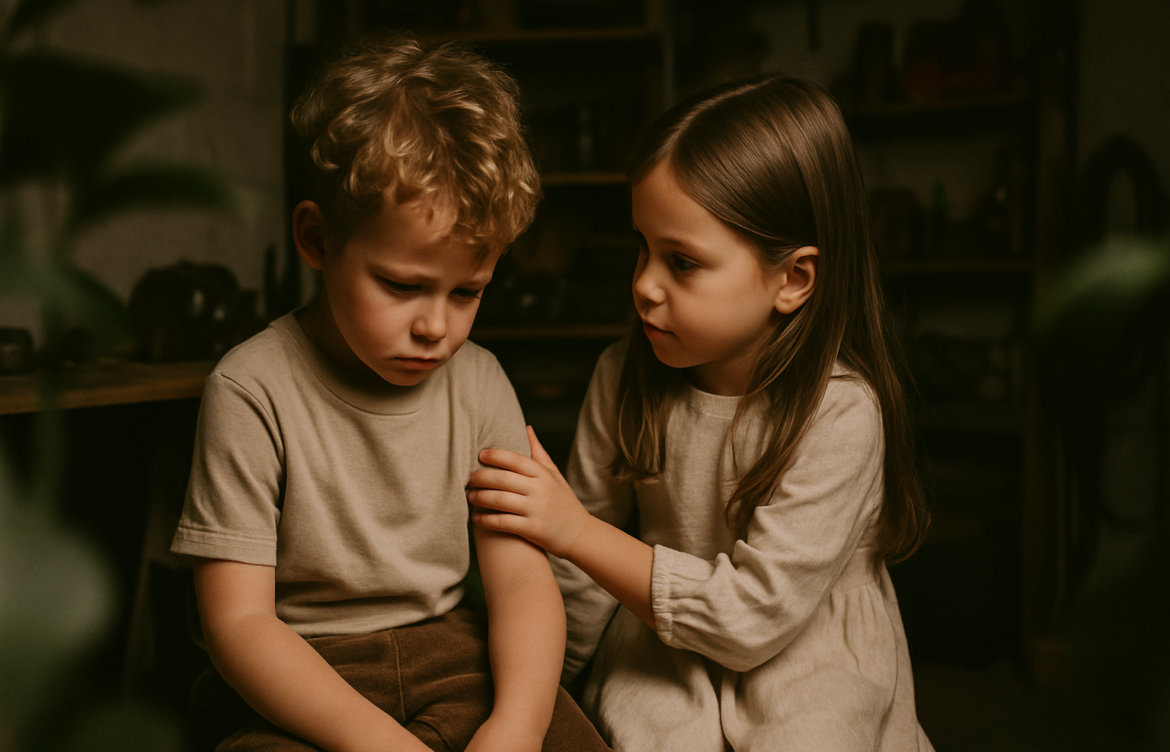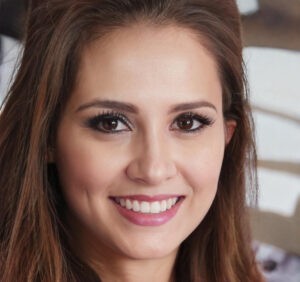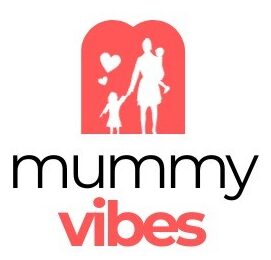
Why Preschool Matters For Your Child’s Emotional Development
The Preschool Environment as an Emotional Gym
Preschool isn’t just a place for learning numbers and letters. It’s a developmental space that acts like a gym for emotional growth. Through structure, routine, meaningful play, and consistent feedback, children begin to develop the emotional muscles they will use throughout life.
Building Confidence Through Structure and Routine
Young children thrive when they know what to expect. Predictable routines in preschool make them feel safe, which is essential for healthy emotional development. With that comfort, children are more likely to explore, take risks, and learn to manage feelings like anxiety or frustration.
- Clear schedules help reduce stress and improve emotional security
- Consistent transitions between activities teach self-control
- Daily rituals (like morning circles or cleanup songs) build trust and expectation
Play: The Workshop for Emotions
Play isn’t downtime. It’s how children process and express their emotions. Whether through pretend scenarios, building blocks, or group games, play allows them to explore feelings in a safe and supportive space.
- Dramatic play helps children act out different emotions
- Team-based games promote cooperation and compromise
- Creative play fosters joy and emotional expression
Positive Reinforcement and Predictable Feedback
Children gain emotional clarity when their actions are met with consistent and thoughtful responses. Preschool teachers use positive reinforcement and calm guidance to teach social rules and help children understand the impact of their behavior.
- Praise for effort teaches persistence and builds self-esteem
- Gentle correction encourages self-reflection rather than shame
- Predictable consequences provide emotional stability and learning cues
Introduction: More Than ABCs and 123s
Preschool is often seen as a time for learning colors, letters, and how to sit in a circle. But there’s something deeper happening under the surface. These early years are where kids start learning how to be in the world emotionally. They’re figuring out how to take turns, say how they feel, bounce back from a tough moment, and trust the adults around them.
This isn’t soft stuff. It’s the foundation for how they’ll handle school, friendships, and setbacks later in life. Emotional development at this age doesn’t just prepare kids for kindergarten. It sets the tone for how they connect with others, manage stress, and build confidence. That’s why preschool isn’t just helpful. It’s a game changer.
Understanding Emotional Development in Young Children
Emotional development at the preschool age isn’t about big words or complex feelings. It’s about kids learning what emotions are, how to recognize them, and how to deal with them in healthy ways. At this stage, emotions hit fast and hard—frustration over a broken crayon, pride after zipping a jacket, sadness when mom leaves at drop-off. What matters is how they start to name those feelings, express them, and react.
There are a few clear milestones to watch for. First is self-awareness. This is when a child begins to understand they are a person with their own thoughts and feelings. You might notice them saying things like, “I’m mad” or “I did it.”
Next, empathy shows up. A preschooler might comfort a crying friend or share a toy without being told. It’s not perfect or consistent, but it’s the beginning of caring about how someone else feels.
Emotional regulation is the big one. It’s about bouncing back. Can they calm down after getting upset? Wait their turn without melting down? These early skills set the stage for future grit, focus, and how they’ll handle stress later in life.
In short, emotional development at this age is about learning to sit with big feelings without letting them take over. It’s not easy. But it’s doable—and it starts now.
Social Interaction: Learning to Connect

Preschool social life might look like playtime, but it’s where the heavy lifting of emotional growth happens. Kids learn how to share, take turns, and solve disagreements with their peers—basics that seem small but carry a lot of weight later on. Handling a toy tug-of-war or waiting for a turn at the slide builds early self-control and respect for others.
It’s also where empathy starts to show up. When kids see their friend upset or hurt, they begin to understand how someone else feels. These early moments of connection—comforting a classmate, cheering someone on—teach kids their feelings matter, and so do others’.
Teachers guide these lessons using group activities and games. Circle time, story discussions, team puzzles—each one encourages kids to identify emotions, express themselves, and listen. These shared experiences are like soft skills bootcamps, training little minds for real relationships.
Explore the key preschool benefits for more insights on social development.
Teachers as Emotional Coaches
Preschool teachers do more than teach kids how to count. They notice when a child clams up during group time or gets overwhelmed by noise. They step in when emotions run high, offering calm instead of control. These are trained professionals who understand that young children don’t have the tools yet to name their feelings—let alone manage them.
Through small, steady interactions, teachers model emotional regulation. A deep breath instead of a sharp tone. A walk across the room after a tough moment. Kids learn not just from correction but from example. And those examples, repeated across days and weeks, build internal habits.
Every child comes with a different emotional rhythm. Some are quick to cry, others avoid eye contact when upset. Skilled educators spot these cues and adapt. They talk calmly to the easily frustrated. They nudge the shy ones into gentle social moments. No one-size-fits-all approach—just keen observation and responsiveness.
What makes the real difference? Consistency. When kids know what kind of reaction they’ll get from the adults around them, they feel safe. That stability gives them space to try, stumble, and try again.
Emotional coaching in preschool isn’t loud or dramatic. It’s quiet. Repetitive. Personalized. And it works.
Alternative Approaches: Montessori’s Emotional Tools
Montessori classrooms are built differently. They’re designed to give kids more control over their choices, which helps build emotional independence early. It’s not chaos—it’s curated freedom. Children move at their own pace, pick their own work stations, and learn how to manage their time and space. This sense of autonomy encourages self-trust and confidence.
Respect is woven into the structure. Teachers model calm, respectful interactions and expect the same in return. That kind of environment naturally promotes mindfulness. Kids aren’t just learning letters—they’re also learning how to listen, how to wait, and how to think before acting.
Self-paced learning takes the pressure off comparison. Instead of racing each other, children focus inward. That mental space helps them grow emotionally, with less anxiety and more curiosity.
Curious how this actually impacts emotional growth? (Discover more on the emotional benefits of Montessori)
Long-Term Payoff: Confidence, Resilience, Connection
Emotional development in the early years isn’t just soft-skills fluff. It’s a key predictor of how well kids do in school and how they handle the real world. Studies link emotional regulation, empathy, and confidence in preschoolers with better academic results later on. Kids who can sit with frustration, manage disappointment, and relate to others tend to have stronger focus, better behavior in class, and more solid friendships.
These early traits don’t fade. Emotional strength built in preschool often stretches well into adulthood. It sets kids up to handle pressure, bounce back from failure, and work well with others. Traits like resilience and emotional awareness become assets in everything from team projects at school to future jobs and relationships.
So what can parents do? First, model calm. Kids learn more from how we react than what we say. Talk through feelings with them, not over them. Let them fail safely, and help name those moments without judgment. Reading books about emotions, practicing patience during frustrating tasks, and creating space for quiet reflection all help too. It’s not about perfect parenting. It’s about showing up, tuning in, and giving your child the tools to understand what they feel and what to do next.
Final Thoughts
Preschool is often seen as a warm-up for kindergarten, a place to ease into routines and start learning letters and numbers. But that’s selling it short. What really happens in those early years goes deeper. Kids are figuring out how to express frustration without throwing a block, how to comfort a crying friend, how to take turns and speak up. These are the roots of emotional intelligence.
When you pick the right preschool, you’re not just finding a place that looks good on paper. You’re choosing an environment where your child can slowly learn about themselves and others in a safe, steady way. Each hallway chat, story circle, or snack-time squabble becomes training for handling life later on.
So look past the curriculum checklist. Pay attention to the vibe, the way teachers talk to kids, the rhythm of the day. That’s where the real growth happens. Preschool isn’t just prep—it’s the foundation.
 Mattie Hubbard is a distinguished figure in the field of sustainable agriculture, known for her innovative approaches to environmentally friendly farming practices. With a deep-rooted passion for the earth and a commitment to ecological balance, Mattie has become a leading voice in promoting sustainable methods that benefit both the environment and the farming community. Her work often involves integrating traditional agricultural knowledge with modern techniques to create systems that are both productive and sustainable.
Mattie Hubbard is a distinguished figure in the field of sustainable agriculture, known for her innovative approaches to environmentally friendly farming practices. With a deep-rooted passion for the earth and a commitment to ecological balance, Mattie has become a leading voice in promoting sustainable methods that benefit both the environment and the farming community. Her work often involves integrating traditional agricultural knowledge with modern techniques to create systems that are both productive and sustainable.
